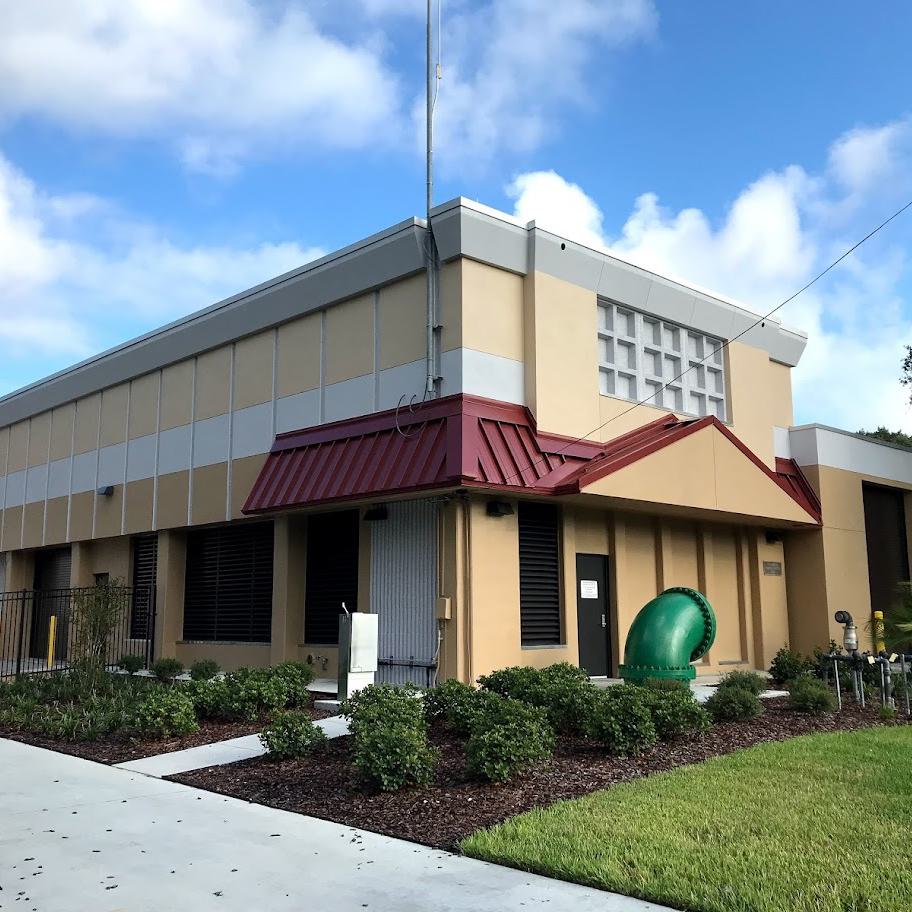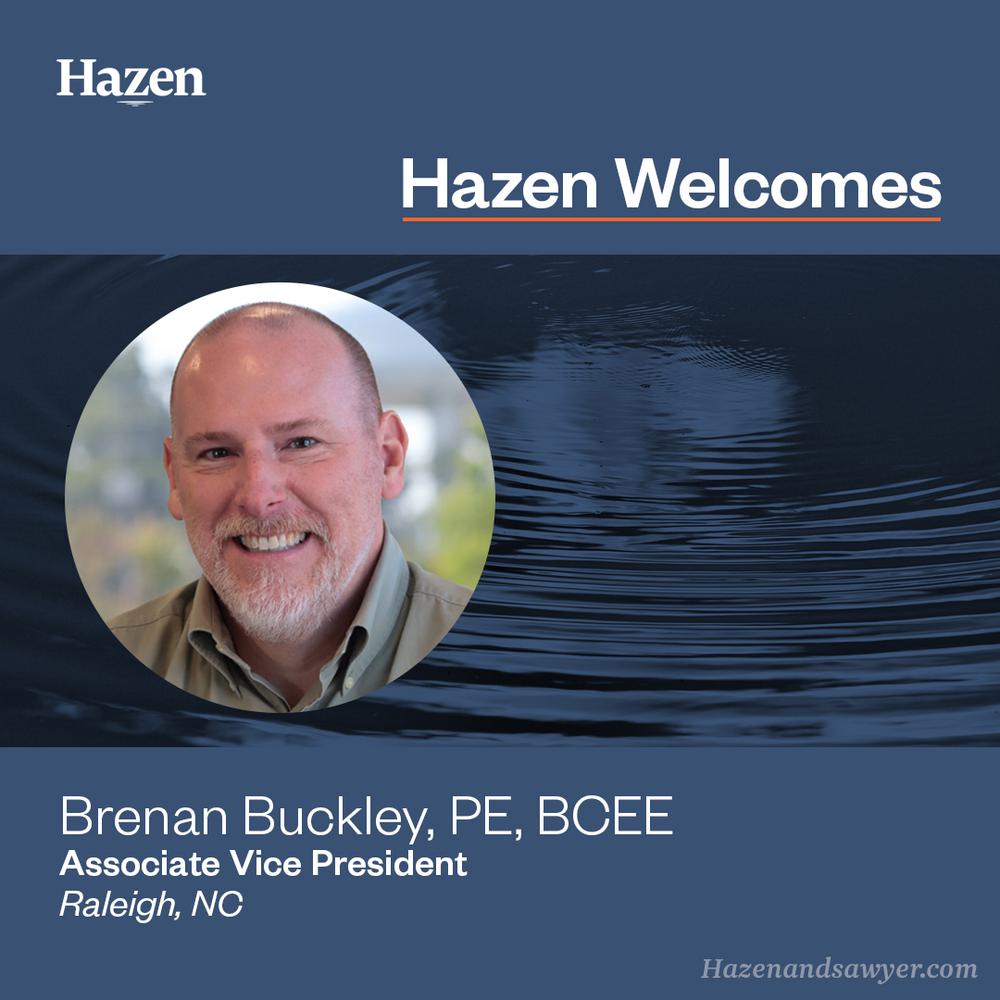A More Marketable Residuals Product: South Cary Water Reclamation Facility
The Town of Cary completed construction and commissioning of a large biosolids dewatering and thermal drying facility located at the South Cary Water Reclamation Facility in 2005. This facility was designed to accommodate the dewatering and thermal drying of residuals generated at both the North Cary and South Cary Water Reclamation Facilities.
The dewatering and drying facilities are designed with an operating throughput of approximately 24 dry tons per day. Hazen and Sawyer provided engineering services related to development of the detailed preliminary engineering report, biddable construction documents (e.g., plans and specifications), and assistance with permitting activities (e.g., building, site disturbance, air, authorization to construct and residuals management) for the thermal drying and dewatering improvements project.
The residuals dewatering and thermal drying facility consists of four major unit process “steps” necessary to receive and process the raw residuals into a final dried product meeting the 40 CFR 503 requirements for a “Class A Exceptional Quality” product. These major unit process steps include:
- Residuals Receiving and Storage
- Residuals Dewatering
- Thermal Drying
- Dried Product Storage and Handling
Hazen and Sawyer’s team of engineers provided services during each phase of the project from conception to completion to assure the Town of Cary’s goals and objectives for the thermal drying facility were achieved.

Mike Bullard has over 30-years of experience as an engineer in the design, operation, maintenance and process optimization of municipal and industrial water and wastewater treatment facilities.
Related Topics:
Our Work
Preliminary Engineering Evaluations
During the preliminary design phase, Hazen and Sawyer performed detailed assessments to estimate biosolids quality and quantity from both the 12-mgd North Cary and 12.8-mgd South Cary treatment facilities.
Preliminary engineering efforts for the dewatering design, in addition to layout and general arrangement drawings, included coordination of lab-scale evaluations on biosolids dewaterability and onsite pilot centrifuge testing.
Preliminary engineering efforts for the thermal dryer design also included a detailed technology assessment and review and preparation of general arrangement drawings. Preliminary design memoranda were also prepared to assess biosolids receiving facility needs, impacts of biosolids on aerobic digester operations at the SCWRF, impact of centrate and dryer condensate on treatment plant operations, infrastructure and supporting utilities needs, and regulatory considerations.
Detailed Design Services
Detailed design services were provided to develop construction documents for the biosolids dewatering and thermal drying facilities. Hazen and Sawyer was responsible for all aspects of the construction documents including the civil, mechanical, structural, architectural, electrical and instrumentation disciplines. Construction documents, plans and specifications, were prepared for regulatory review and approval and bidding.
In addition to detailed design and bidding services, Hazen and Sawyer prepared applications for the NPDES Authorization to Construct, Air, and Residuals Distribution permits required by North Carolina regulatory authorities.
Construction, Start-up and Commissioning Services
Hazen and Sawyer provided construction, start-up and commissioning assistance services during the final phases of the project. On-site resident construction observation and office services were provided to support the Town of Cary with construction administration. Start-up and commissioning assistance was provided during mechanical check-out and systems testing of both the dewatering and thermal drying systems. Lastly, Hazen and Sawyer’s engineers were actively involved in observation and assessment during the rigorous performance testing program to assure that specified performance criteria were achieved for both dewatering and drying systems.
Project Outcomes and Benefits
- Facility successfully accommodates the dewatering and thermal drying of residuals generated at both the North Cary and South Cary Water Reclamation Facilities with an average daily operating throughput of approximately 24 dry tons per day.
- The final product from the thermal dryer has consistently met all the criteria for designation as a “Class A – Exceptional Quality” residuals product with regard to pathogen reduction requirements, vector attraction reduction requirements and final product metals content.






















